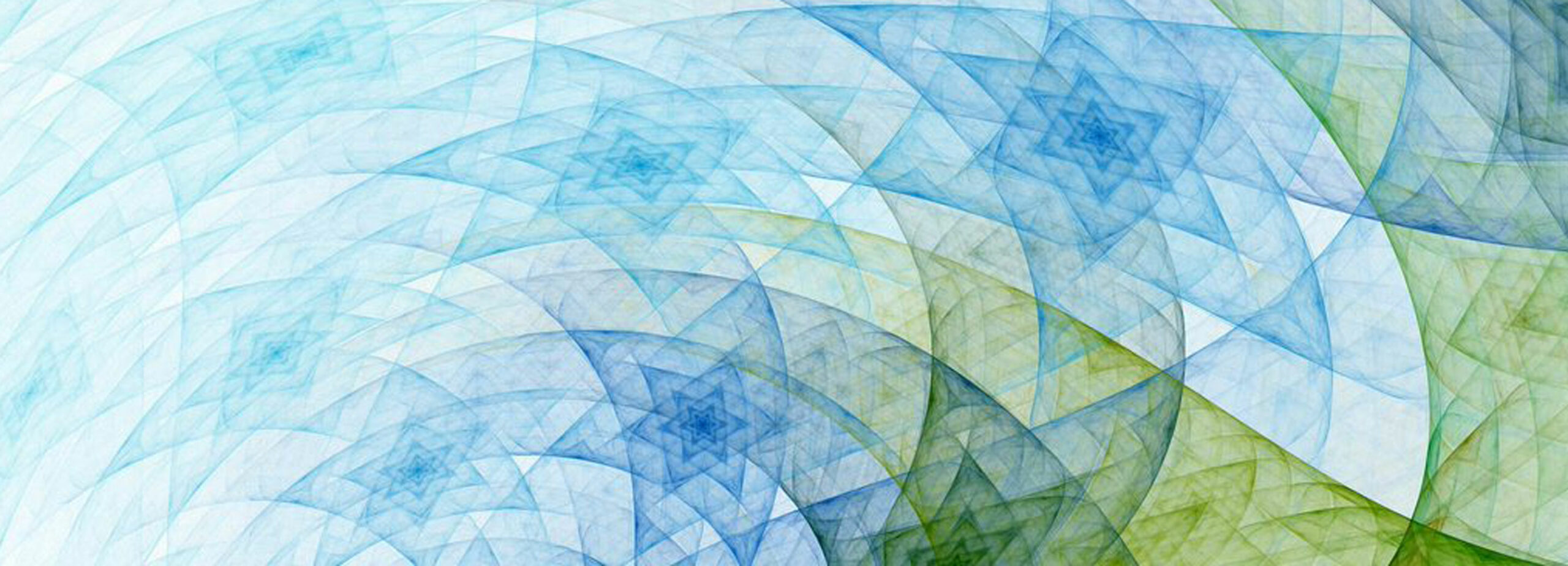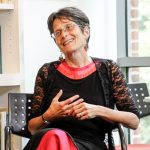Holidays Blessing for the Month of Av

What does it mean to bless this new month, the month of Av, the month in our sacred calendar that holds the grief of countless generations?
According to rabbinic tradition, the grief of Tisha b’Av reaches all the way back to the story of the spies who entered the land of Israel and brought back a message of hopelessness, darkening the hearts of the entire people with fear and self-doubt. “The country that we traversed and scouted is one that devours its inhabitants. The people we saw there are giants . . . we looked like grasshoppers to ourselves and so we must have looked to them.”
We cannot do this, they said. Lo nuchal.
And the entire community wept with despair.
The tragic history of Tisha b’Av reaches across the ages — from the shadowy grief of mythic history into the glare of history that is all too real. Dates and memories seared into our collective consciousness. A long list — far too long — of accumulated losses, destructions, expulsions, deportations, bombings, pogroms.
But it begins with this moment when the people’s grief and fear were so great that the future itself seemed unimaginable. They said to one another, ‘Let us head back for Egypt.’
What to do with all this grief? Especially, in a time when our own grief and fears about the future of our country and of our world threaten to overwhelm us.
A commentary from Midrash Tanchuma picks up on the moment when the spies say to the people, “We looked like grasshoppers to ourselves and so we must have looked to them.” Here the midrash suggests: “The Blessed Holy One said to the scouts: “You don’t know what you have just let your mouths utter. I am ready to put up with your saying, ‘We looked like grasshoppers to ourselves.’ But I do take offense at your asserting, ‘And so we must have looked to them.’ Could you possibly know how I made you appear in their eyes? How do you know but that in their eyes you were like angels?’”
In this brief imagined exchange between God and the scouts, the midrash underscores the insidious nature of self-doubt, the way we can mistake it for truth, the way our own anxiety can indeed become “a land that devours its inhabitants.”
The antidote, the midrash insists, is cultivating the capacity to open up some space between our inner experience and outer reality. This is the vital, life-giving space of breath, hope, possibility. The voice of God is the voice that speaks to us, saying: I understand that you are afraid. I understand that you feel small. But take a minute. Leave room for the possibility that your fear is not the whole story. How do you know but that in their eyes you were like angels?
This divine voice is the voice that leaves room for other possibilities,
the voice that leaves space between fear and imagination,
between grief and despair.
We can silence it, we can try to stone it, as the people did to Caleb and Joshua when they brought their message of hope. Or we can strain to hear it, elicit it, amplify it, in ourselves and in each other.
The month of Av comes to offer us a time and a place to grieve, but not to despair. To acknowledge our fear, but also to tend carefully to our imaginative capacities.
As we move into the month of Av this year, I have been thinking about ancestors who show us what it means to step into the space between grief and despair. I have been thinking, in particular, of five women, sisters, the daughters of Zelophchad, whose story we read last week and this week on Shabbat, who bravely saw possibility in a legal system that did not see them, who claimed their inheritance in a community that did not count them, and who imagined themselves into a future that their forebearers could not fathom.
And, in the spirit of this month of Menachem Av — Comforting the Father — I am thinking of their father, Zelophchad, whose name — hauntingly — means “shadow of fear.”
What follows is a reflection on their names and his, a reflection on what we call each other, and how, in our calling, we might summon each other from grief into love, and from fear into imagination.
Ken yehi ratzon.
With blessings for this month of Menachem Av,
Sharon
Years ago,
I heard about a young woman
Whose parents named her
Achzava.
She walked through the world
bearing this
unutterable weight:
“Nice to meet you, my name is Disappointment.”
She was the tenth
beautiful
girl
given to parents
who longed for a son.
Their hope died
The day she was born.
A stillbirth,
you could say,
but she was
still born —
like the rest of us —
breathing
crying
gulping for air.
When she turned 18
She changed her name.
I have always wondered
What changed then —
And what didn’t.
Last week,
I thought of her again
As the daughters of Zelophchad
rose up
to claim their inheritance
in a land
under a law
that lacked the imagination
to see the future
in their hands.
Five sisters
taking their place in the lineage
of savvy, strategic women.
“Using the master’s tools
to dismantle the master’s house,”
arguing not for their own sake
but for the sake of their father:
“Let not our father’s name be lost to his clan just because he had no son!”
Perhaps it’s because I’m aging
Perhaps it’s because we live in such unforgiving times
Perhaps it’s because I can’t forget the story of Achzava
This year
I hear a great tenderness
welling up in these words.
Devotion to a father
whose own name —
may it not be lost —
whispers to us of shadow and fear
yet who looked
at each of his newborn daughters
and called them:
Machlah
Noah
Hoglah
Milcah
Tirzah
I see him now
trembling
holding each of them in his arms
And saying:
Never let anyone call you Disappointment.
You are Forgiveness
You are Movement
You are Dance
You are Royalty
You are Delight
This is your inheritance.
You will give birth to possibilities I cannot imagine.
Lead the way.
 Rabbi Sharon Cohen Anisfeld is President of Hebrew College in Newton Centre, MA. She writes and teaches widely, weaving together Torah, rabbinic commentary, and contemporary poetry and literature in her wise and compassionate approach to the complexities of the human experience and the search for healing and hope in a beautiful but fractured world.
Rabbi Sharon Cohen Anisfeld is President of Hebrew College in Newton Centre, MA. She writes and teaches widely, weaving together Torah, rabbinic commentary, and contemporary poetry and literature in her wise and compassionate approach to the complexities of the human experience and the search for healing and hope in a beautiful but fractured world.

